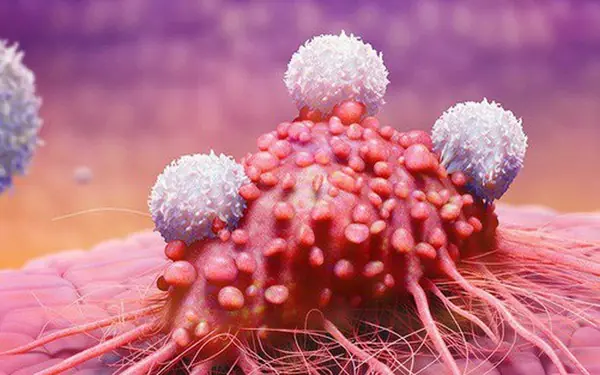
JAW DROPPING SIMULATION SHOWS WHAT HAPPENS TO YOUR BODY WHILE FASTING FOR 36 HOURS TO ACHIEVE 'FULL RESET'
Fasting has been practiced for thousands of years across various cultures and religions, often praised for its spiritual, mental, and physical benefits. However, in recent years, science has taken a deeper dive into the biological effects of prolonged fasting. A jaw-dropping simulation recently went viral, revealing what truly happens to the human body during a 36-hour fast. The results are not only fascinating but could potentially change the way we approach health and wellness.
In the first few hours of fasting, the body begins by using glucose for energy. This glucose is stored in the liver and muscles as glycogen. Once these reserves are depleted, typically around the 12 to 16-hour mark, the body transitions into a metabolic state called ketosis. During ketosis, the liver converts fat into fatty acids and ketone bodies, which become the primary energy source. This process not only burns fat but also improves mental clarity and focus, as the brain thrives on ketones.
By the 24-hour mark, autophagy begins. This is one of the most exciting phases in the simulation. Autophagy is a natural process where cells begin to break down and recycle old, damaged components. It's often described as the body's "cellular cleanup." This process helps reduce inflammation, eliminate toxins, and even slow aging by improving cell health. Scientists believe autophagy may also help prevent neurodegenerative diseases like Alzheimer's and Parkinson's.
At 36 hours, the body enters a deeper state of repair and regeneration. Human Growth Hormone (HGH) levels skyrocket—some studies suggest they can increase up to five times the normal rate. HGH plays a critical role in muscle repair, fat metabolism, and overall recovery. Insulin sensitivity also improves significantly, allowing for better blood sugar control and reduced risk of type 2 diabetes.
The simulation doesn’t just show the physical effects. It also illustrates how fasting impacts mood and mental health. After an initial phase of fatigue and irritability, many people report a sense of calm, increased focus, and emotional balance. These effects are linked to changes in brain chemistry, including a rise in norepinephrine and dopamine, which enhance alertness and mood.
Despite these incredible benefits, it’s important to approach fasting with caution. Not everyone is suited for extended fasting, especially those with underlying health conditions, eating disorders, or who are pregnant or breastfeeding. Hydration is crucial during a fast, and electrolyte balance must be maintained to avoid fatigue or dizziness. Consulting a medical professional before attempting a 36-hour fast is strongly advised.
The idea of a “full reset” may sound too good to be true, but the simulation makes a compelling case. In just a day and a half, the body undergoes a complete metabolic shift, detoxifies at a cellular level, and begins to heal itself in ways that modern medicine is only beginning to understand. For those seeking to improve their health naturally, fasting may offer a powerful tool—when done correctly.
In conclusion, the 36-hour fast is not a magic bullet, but it is a scientifically supported method to kickstart healing and rejuvenation. The simulation reveals just how resilient and adaptable the human body is when given the right conditions. While more research is needed to fully understand the long-term effects, the evidence so far is both exciting and promising. Whether for weight loss, mental clarity, or a cellular reset, fasting might just be the key to unlocking a healthier you.
News in the same category


If You See Someone with Prominent Green Veins, Make Sure to Tell Them This – It Could Save Their Life

How to Safely Remove Super Glue (502) from Your Skin Without Tearing It
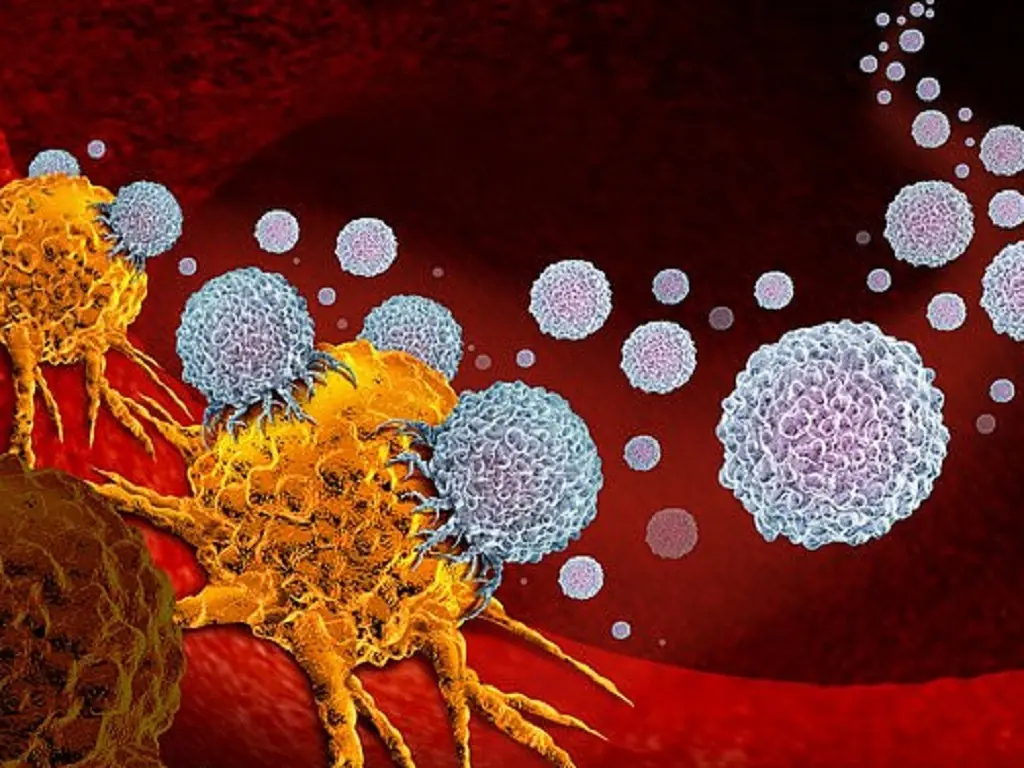
3 Unusual Signs in the Neck That Could Be Symptoms of Cancer – Don’t Ignore Them!
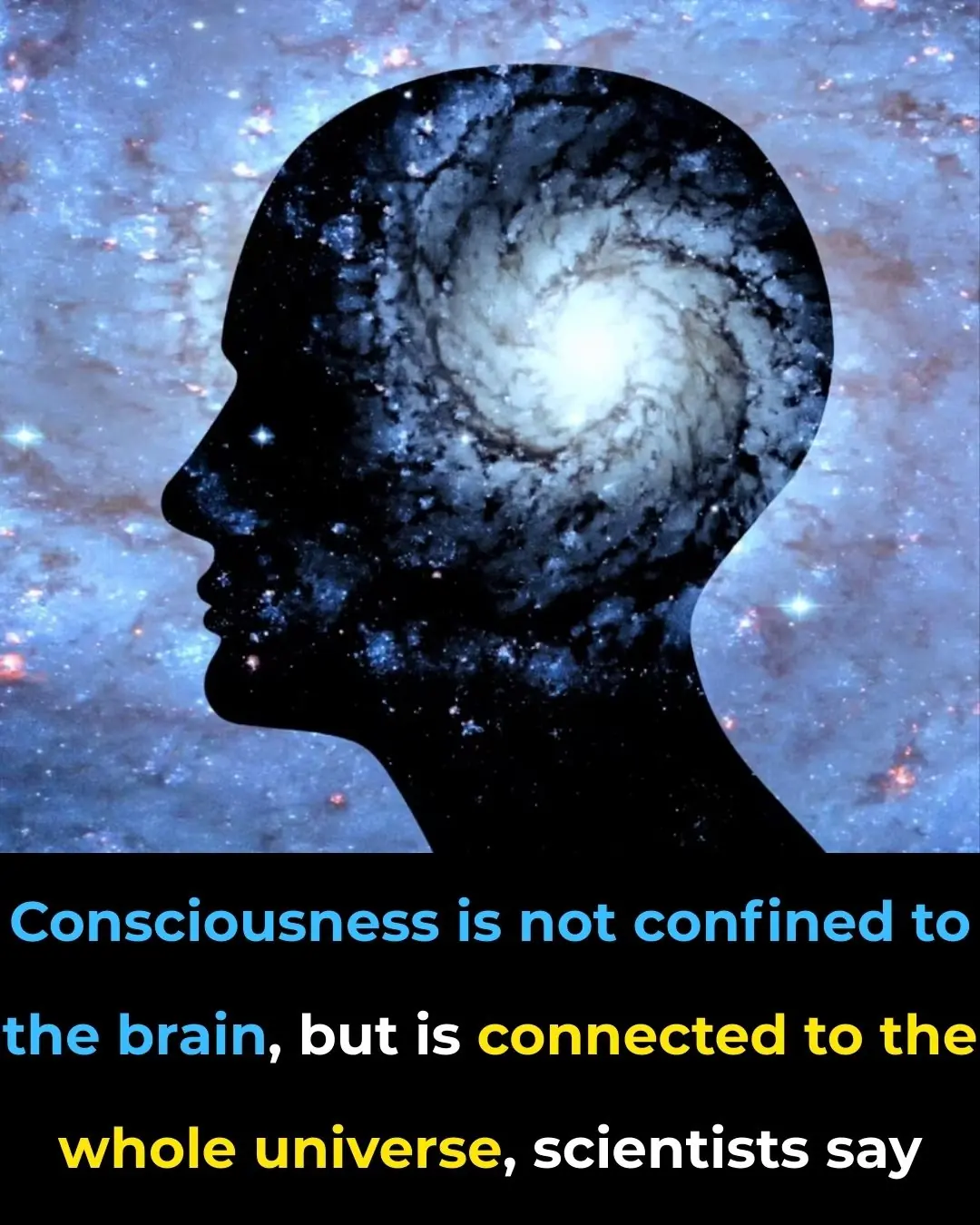
Consciousness Is Not Confined to the Brain, But Is Connected To The Whole Universe, Scientists Say

Study Finds People With ADHD Listen to Music Differently—Here’s How

Can I Get My Metabolism Back After Stopping Lexapro and Prozac?

8 Foods High in Inulin to Eat for Better Gut Health

Proven Health Benefits and Uses of Thyme and Thyme Tea

Proven Health Benefits of Walnuts, How Many to Eat, and More (Science Based)

How Can Europe Reduce Heat Deaths Amid Rising Temperatures?
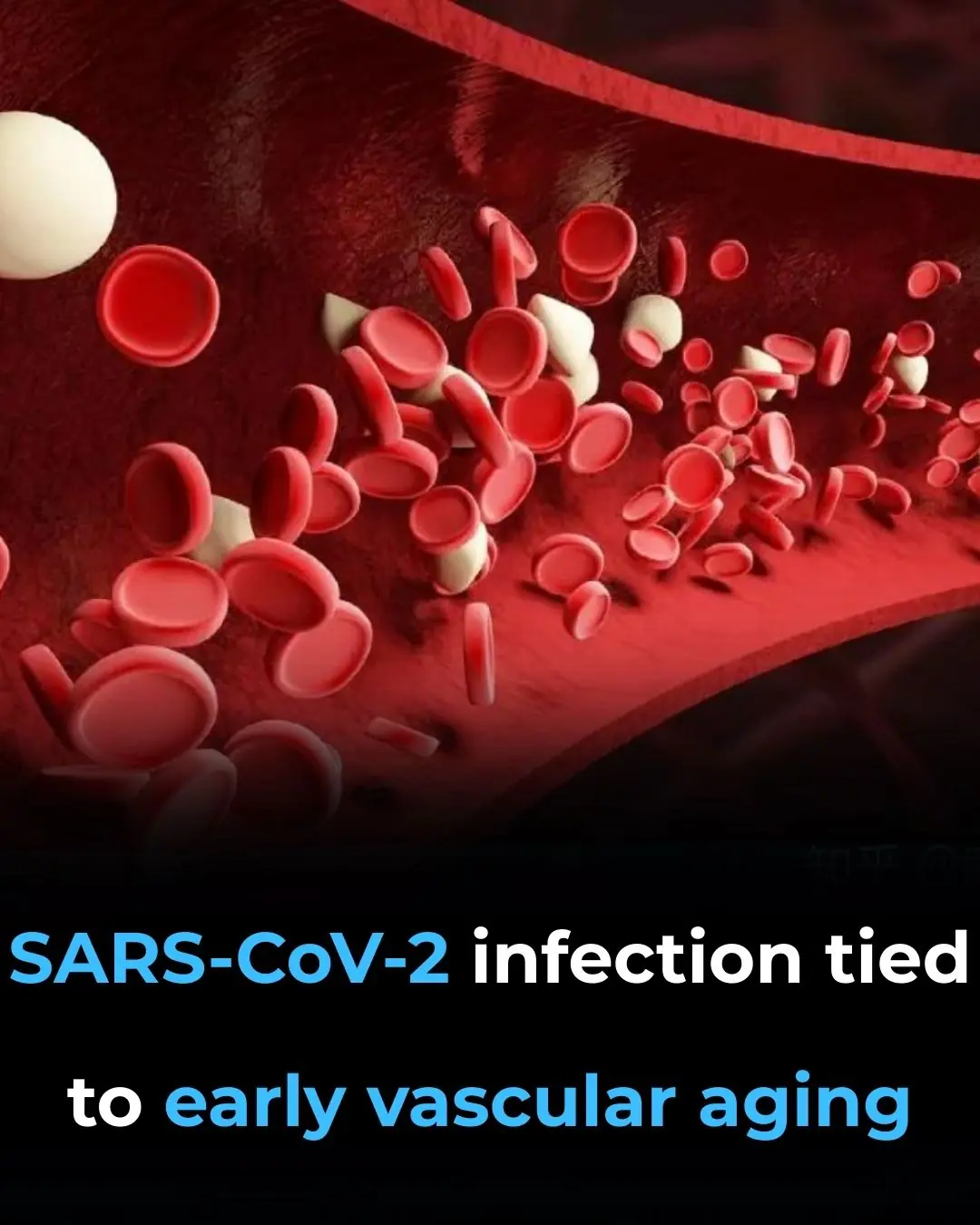
SARS-CoV-2 Infection Tied to Early Vascular Aging

These Foods Cause Insomnia
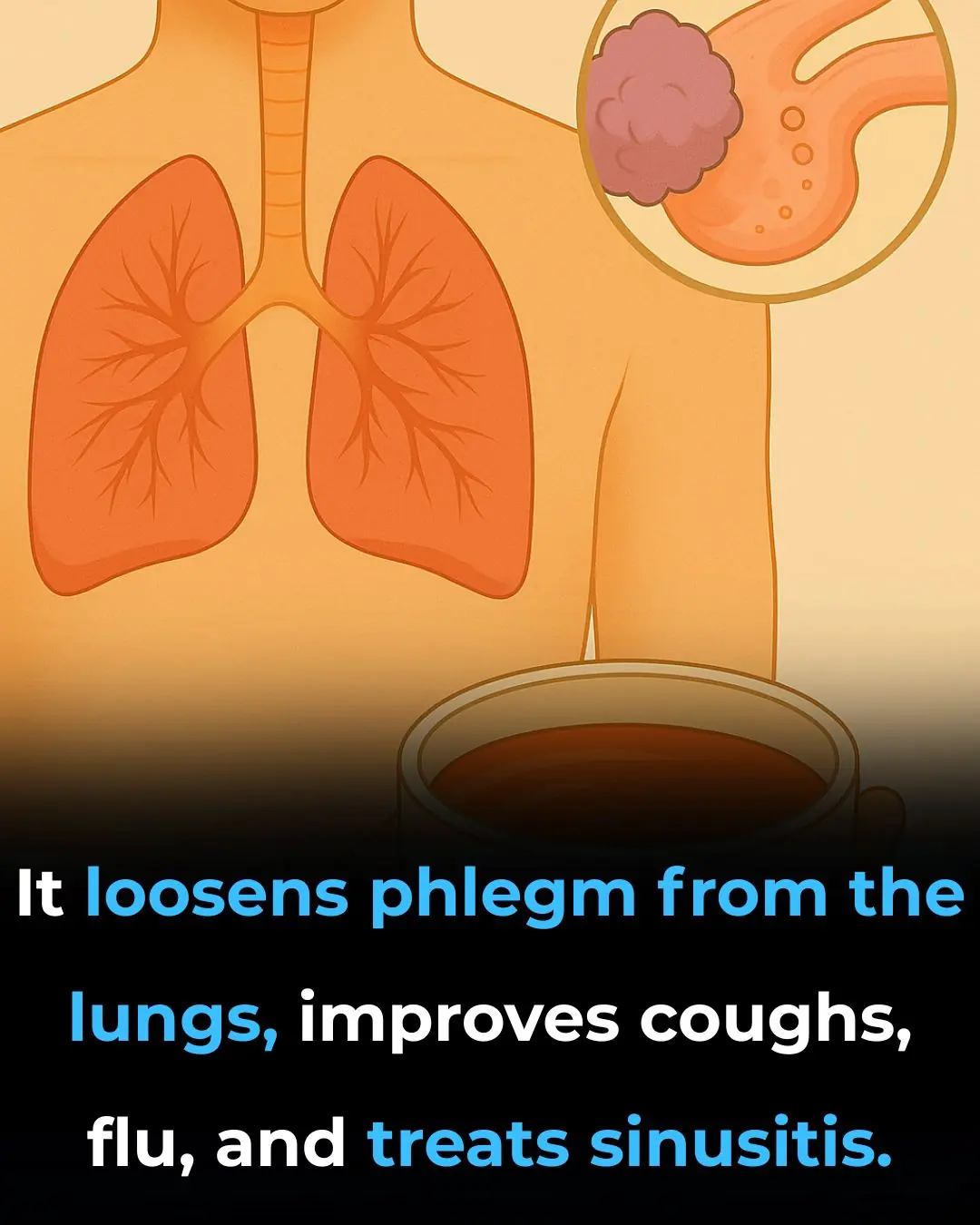
How To Get Rid of Phlegm And Mucus

Most people eat these 7 meats daily — here’s why you shouldn’t
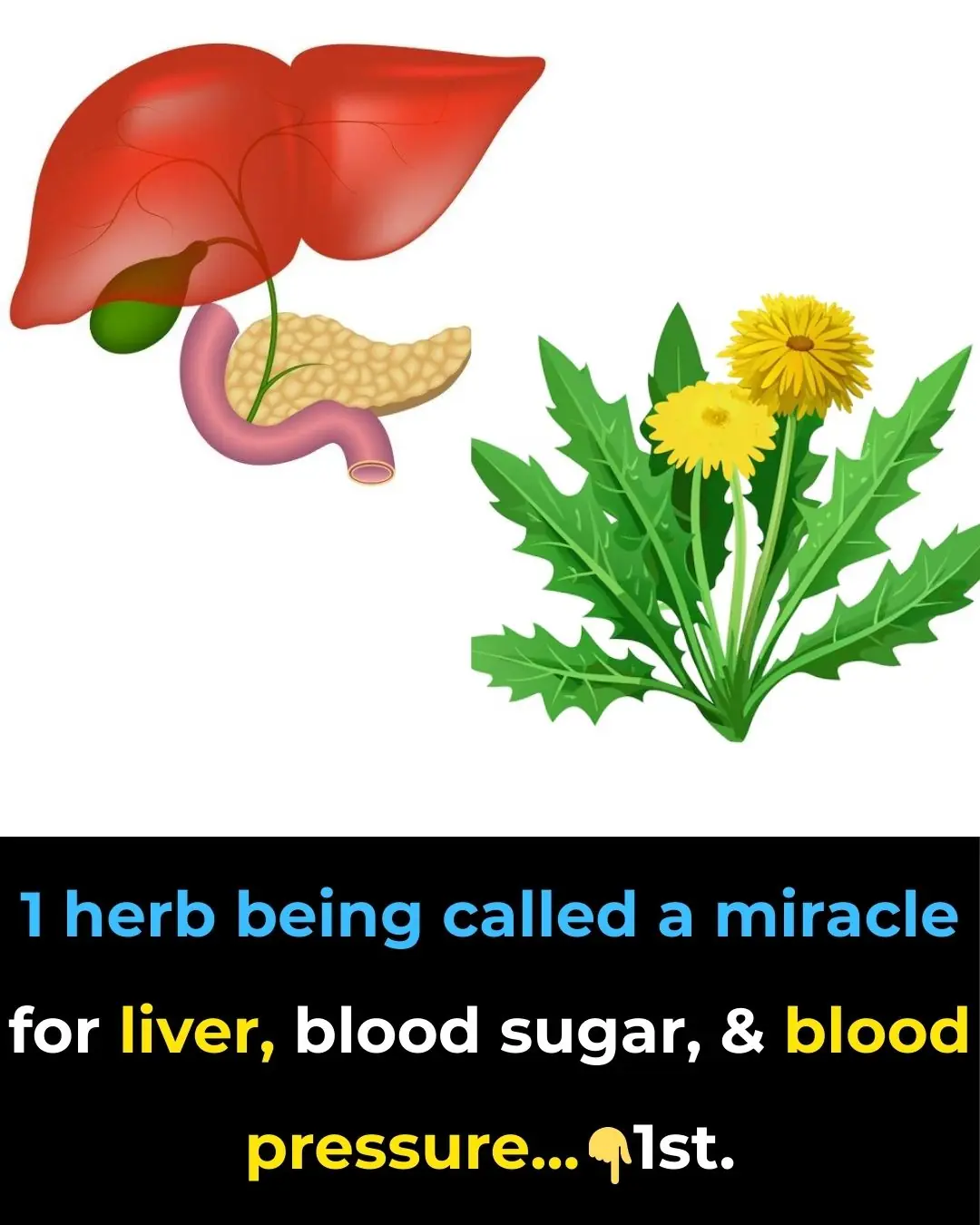
1 herb being called a miracle for liver, blood sugar, and blood pressure

Dr. Nick Norwitz Eats Over 700 Eggs in a Month to See What Happens

Elon Musk unveils new AI project that could recreate Microsoft’s entire business operations

Do Not Ignore These 10 Warning Signs That Your Kidneys May Be In Danger

If Your Body Suddenly Jerks While Falling Asleep, This Is What It Means
News Post

White Tongue …What It Means and What You Can Do About It

Why Liver Cancer Is Often Detected Late – Important Warning Signs You Shouldn’t Ignore

Tips for Selecting High-Quality Eggs

If You See Someone with Prominent Green Veins, Make Sure to Tell Them This – It Could Save Their Life

How to Safely Remove Super Glue (502) from Your Skin Without Tearing It

The Mystery of the Milk Bottle Dent

Think Twice Before Putting Parchment Paper in the Oven

3 Unusual Signs in the Neck That Could Be Symptoms of Cancer – Don’t Ignore Them!

Consciousness Is Not Confined to the Brain, But Is Connected To The Whole Universe, Scientists Say

Study Finds People With ADHD Listen to Music Differently—Here’s How

Dubai Princess Who Divorced Husband on Instagram Now Engaged to Rapper French Montana
In a twist that has stunned royal watchers and the entertainment world alike, Dubai’s Princess Sheikha Mahra—who publicly divorced her husband via Instagram—has reportedly become engaged to Moroccan-American rapper French Montana. The news comes jus

Military sleep method is 96% successful and will send you to sleep in two minutes
Struggling to sleep? A viral “military sleep method” promises to send you into slumber in just two minutes. With a 96% success rate, it’s being hailed as a game-changer for insomniacs and restless minds alike.

Exactly what happens to your body if you contract chikungunya virus as China enforces 'forceful pandemic measures
Just as the world is still grappling with the lingering effects of COVID-19, a new viral threat has emerged. China is now battling a fast-growing chikungunya outbreak, enforcing strict pandemic-style measures to contain the mosquito-borne disease.

Man contracted life-threatening infection and almost lost an arm after sleeping in bed with his dog
What started as a harmless night sharing a bed with his pet turned into a nightmare. An Australian man contracted a rare, life-threatening bacterial infection after his dog accidentally bit him in his sleep, leaving him close to death and with lasting hea

Google issues warning to billions of Gmail users amid dangerous new scam
Billions of Gmail users are being warned of a dangerous new wave of cyberattacks. Google has confirmed that a notorious hacker group is actively exploiting a massive data breach to infiltrate accounts and extort victims.

Billionaire shares plan for $20 million sub voyage to Titanic site to prove industry is safer after OceanGate disaster
One year after the Titan sub disaster claimed five lives, a billionaire is betting $20 million on a daring new voyage to the Titanic wreck. His mission: prove to the world that deep-sea exploration can be safe.

Masterful Painting Of Jesus By 8-Year-Old—Says She Saw The True Face Of Jesus
At just eight years old, Akiane Kramarik stunned the world by painting what she believed was the true face of Jesus. After being lost, hidden, and nearly forgotten for 16 years, her masterpiece “Prince of Peace” has finally returned to the light—alo

Urgent warning issued to travelers as China takes ‘covid measures’ after reporting 7,000 cases of Chikungunya virus
Following guidance from the World Health Organization, China is focusing on mosquito control as the most effective method to prevent further spread.

US man accidentally buys entire street for $5,000 after thinking he was purchasing vacant lot
An Ohio man thought he had struck a bargain at a county auction. But his dream investment quickly spiraled into a nightmare when he discovered he now owned an entire street by mistake.
